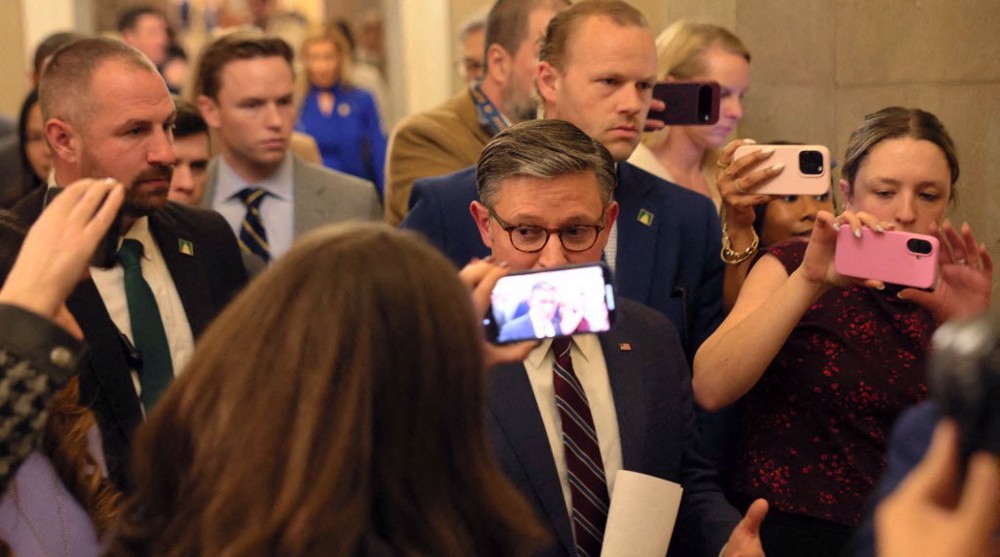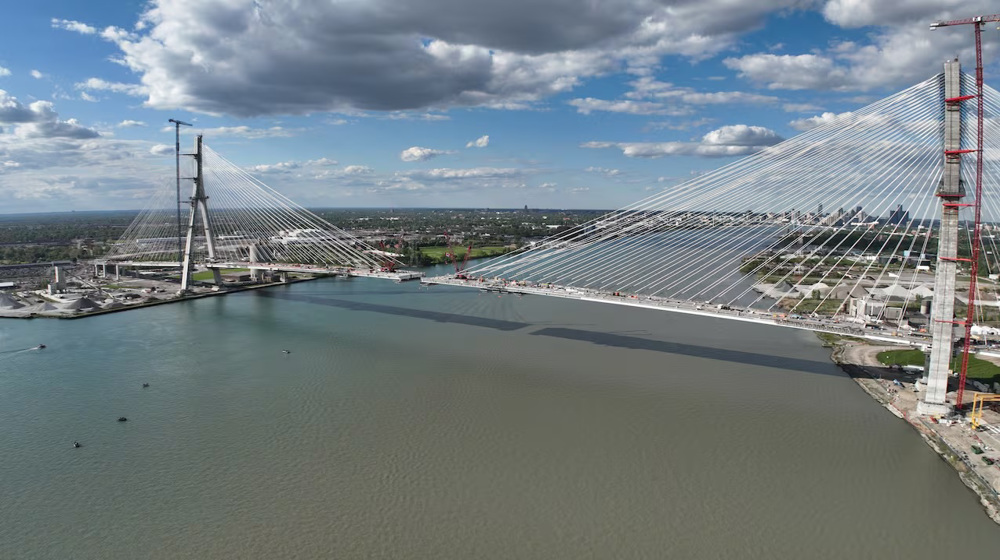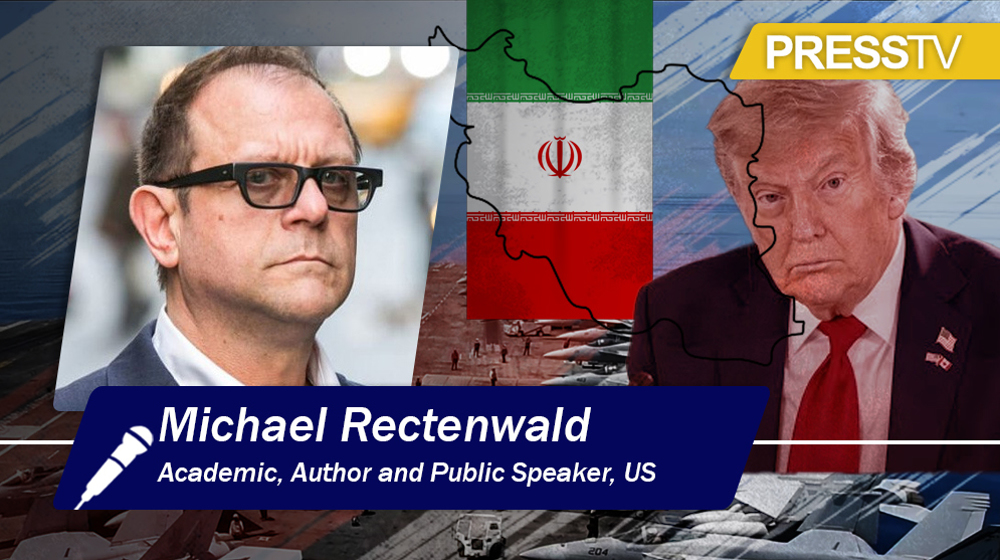Pence warns North Korea ‘period of strategic patience over’
US Vice President Mike Pence, who is on a trip to South Korea, says the era of patience with North Korea is over, warning Pyongyang over its development of ballistic missiles and nuclear weapons.
On the second day of his first trip to the South since taking office, Pence headed to Camp Bonifas joint base just outside the demilitarized zone (DMZ) on the border with the North and met with South Korean and American troops stationed there.
The DMZ is a heavily mined 4-kilometers-wide strip that separates the two Koreas.
The US vice president said his country stands by its “iron-clad alliance” with South Korea and would try to maintain stability on the Korean Peninsula through strength.
Warning the North that “all options are on the table,” Pence said Washington was ready to take appropriate actions to protect South Korea.

“All options are on the table to achieve the objectives and ensure the stability of the people of this country," he said. “There was a period of strategic patience but the era of strategic patience is over.”
"Just in the past two weeks, the world witnessed the strength and resolve of our new president in actions taken in Syria and Afghanistan," he added.
"North Korea would do well not to test his resolve, or the strength of the armed forces of the United States in this region," he said at a press conference with South Korea's Acting President Hwang Kyo-Ahn.
Pence’s visit to the DMZ came against the backdrop of what American and South Korean officials called a “failed” missile launch by Pyongyang early on Sunday.
Describing the launch as “a provocation,” Pence said President Donald Trump was working with China and other allies to come up with a tough response.
Read More:
- Pence arrives in South Korea amid tensions
- US Air Force test-drops nuclear bomb
- US military ready to attack North Korea: Report
Trump told his Chinese counterpart Xi Jinping during their summit in Florida earlier this month that the US would “act alone” on the North if China fails to help ease the tensions as Pyongyang’s main trade partner.
H.R. McMaster, Trump's national security adviser, said Sunday that the US, its allies and China were working on a range of options “short of a military action.”
Imposing an oil embargo, a global ban on North Korea’s airline, intercepting the country’s cargo ships and punishing Chinese banks doing business with Pyongyang are some of the options that American officials say are on the agenda.
Last week, however, a US aircraft carrier-led strike group set course for the western Pacific Ocean close to the Korean Peninsula amid growing fears over the North’s weapons tests.
For Pence, the visit to the region bears a personal significance, since his father fought in the 1950-53 Korean War.
Abe calls on North to deescalate
Meanwhile, Japanese Prime Minister Shinzo Abe has called on North Korea’s leader Kim Jong-un to avoid escalating the situation and drop its nuclear program in compliance with UN resolutions.

“Japan will closely cooperate with the US and South Korea over North Korea and will call for China to take a bigger role,” Abe told the parliament on Sunday.
In February, North Korea launched four ballistic missiles off its east coast, three of which landed close to Japan.
Pyongyang, already under a raft of sanctions for its missile and nuclear programs, says it is developing arms as deterrence against the US, which has been deploying advanced weaponry to the South for quite some time now.
Iran puts ‘Jam‑e Jam 1’ into orbit in milestone for national broadcasting
‘Colonial eradication of Palestine’: Iran condemns Israel’s West Bank annexation push
Thousands block Melbourne as Israeli president ends contentious Australia visit
Nearly 800 Lufthansa flights cancelled as pilots, cabin crew strike
Pezeshkian: US, Israel exploit Iran’s challenges without genuine concern
VIDEO | Press TV's news headlines
VIDEO | Chaos by design
Leader hails Iranians for disappointing enemies with multimillion rallies









 This makes it easy to access the Press TV website
This makes it easy to access the Press TV website